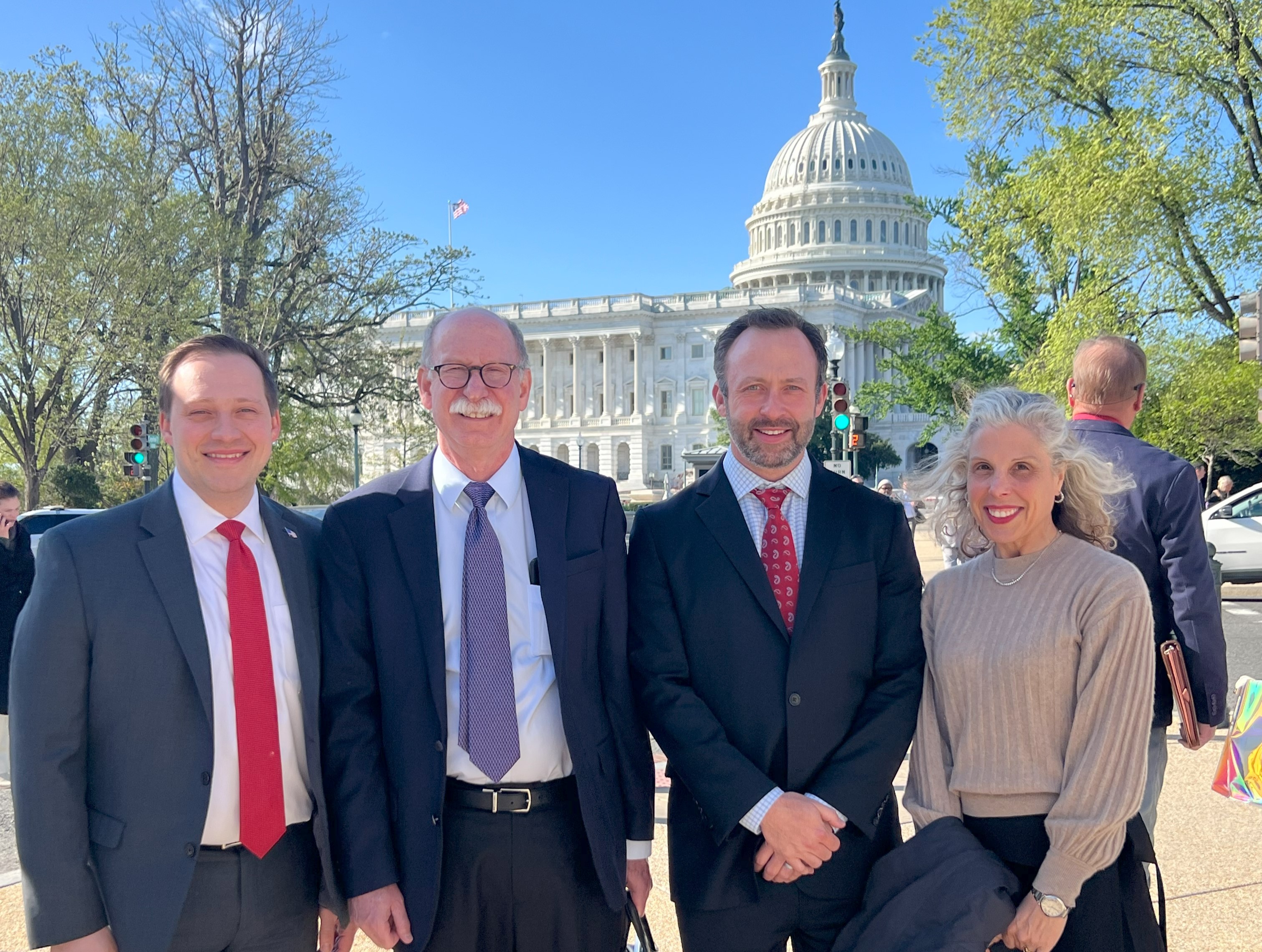LUGPA Policy Brief: Hospital Consolidation, Mergers, and AcquisitionsJune 2023 According to a 2020 article in Health Affairs, in 2018, “more than half of all physicians and 72 percent of hospitals were affiliated with one of the 637 health systems identified in the Compendium of US Health Systems from the Agency for Healthcare Research and Quality (AHRQ).” The article also found that integration in hospital systems increased primary care physician enrollee spending by 4.9 percent. Healthcare consolidation is rapidly increasing because the mergers and acquisitions conducted in the healthcare sector have mainly goneunchecked by federal and state antitrust enforcers. Consolidation has profoundly affected the healthcare market, resulting in higher prices, diminished quality of care, fewer employment options, limited wage growth, longer hours, staff shortages, reduced innovation, and reduced patient care access. In most instances, the Department of Justice (DOJ), Federal Trade Commission (FTC), and state attorneys general offices provide antitrust oversight over mergers and acquisitions. The failure of antitrust law to slow consolidation has created an environment where competition no longer has the power to curb some of the monopolistic abuses of hospital systems in some markets. One of the weaknesses of current FTC guidelines is the transaction threshold needed to trigger an automatic review, which is currently set at more than $92 million. Many healthcare merger and acquisition deals fall below this threshold but are still large enough to impact competition strongly. While consolidation can lower some administrative costs and improve care coordination, many systems discovered that hospital-owned practices were less efficient and profitable than independent, physician-owned groups. According to a 2018 article in the Journal of Health Economics, of the practices sampled in the author’s study, the prices for the services provided by acquired physicians increased by an average of 14.1 percent post-acquisition, with around half of this increase attributable to the exploitation of payment rules. In a 2022 article published by MGMA, the authors noted that in many cases, the acquired practices became less efficient and less profitable soon after hospitals acquired them. Patients are also skeptical about the growing consolidation trend, which has only picked up after the COVID-19 pandemic. In 2021, LUGPA released the results of a public opinion survey by polling firm YouGov, which found that patients are concerned about the growing consolidation trend among healthcare practices and its impacts on costs and access to costs healthcare services. According to the survey, among1,354 adults surveyed, “nearly 74 percent said the increase in hospital acquisitions would lead to fewer options for patients and increase care costs at existing hospitals.” Patients are also concerned about the effects of consolidation. Over 58 percent of those surveyed said decreased competition “would lead to fewer hospital incentives to maintain or improve their quality of care, and 50 percent said continued consolidation would affect their access to and quality of care.” One major issue that has affected both the rate of consolidation while limiting the FTC’s ability to regulate healthcare mergers and acquisitions under antitrust law is state Certificate of Public Advantage (COPA) laws. State COPA laws allow hospital mergers and acquisitions to bypass federal antitrust enforcement if they demonstrate that a merger’s benefits outweigh the negative impacts of decreased competition. In many instances, these laws include specific terms intended to mitigate the loss of competition, such as price controls or mechanisms to pass along cost savings and efficiencies. COPA laws are supervised by state health departments and the state attorneys general offices. The FTC has voiced concerns about the growing prevalence of state COPA laws and their effects on competition. In a policy paper published in 2022, the FTC noted a sharp resurgence of COPA laws, including several passed by state legislatures, which the FTC believes is an “intent of exempting specific proposed hospital mergers from anticipated antitrust challenges.” Over the last two years, the FTC has begun to increase its advocacy on COPA laws, urging states to repeal their COPA laws and contending that agreements permit otherwise illegal hospital mergers to bypass antitrust laws. To combat the increasing use of COPA laws and the rapid consolidation in the healthcare industry, the FTC is currently seeking to increase its fiscal 2024 budget by $160 million, with $70 million dedicated to tackling healthcare merger challenges, rulemaking, and investigations. Congress has also begun to show increased interest in the adverse effects of consolidation. On June 8, 2023, the Senate Finance Committee held a hearing to discuss the increasing consolidation rate within the healthcare system and the resulting reductions in patient access, increased costs, shrinking wages amongst providers and healthcare workers, and overall loss of jobs. During the hearing, the members and lawmakers discussed reform ideas to address over-consolidation, including several reforms that LUGPA has proposed. These reforms included the implementation of site neutrality, modernizing the fee-for-service payment system to a more value-based system, prior authorization reform, and reforms to improve hospital price transparency data and limit the influence of pharmacy benefit managers. This hearing mirrored similar discussions that LUGPA has been tracking on the Hill during this Congress from the Energy & Commerce, Ways & Means, Senate HELP Committees, and other committees of jurisdiction. LUGPA supports policies and regulations that encourage competition and incentivize quality care and works to ensure independent physicians’ practices always remain an option for patients across America.
SEE ALSO LUGPA Board Member Testifies on Hospital Acquisitions- May 2024
|




